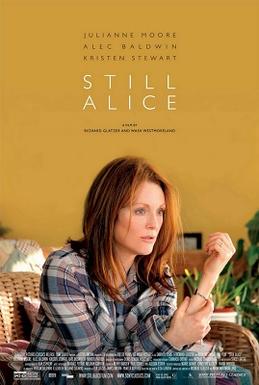A blog formerly known as Bookishness / By Charles Matthews
"Dazzled by so many and such marvelous inventions, the people of Macondo ... became indignant over the living images that the prosperous merchant Bruno Crespi projected in the theater with the lion-head ticket windows, for a character who had died and was buried in one film and for whose misfortune tears had been shed would reappear alive and transformed into an Arab in the next one. The audience, who had paid two cents apiece to share the difficulties of the actors, would not tolerate that outlandish fraud and they broke up the seats. The mayor, at the urging of Bruno Crespi, explained in a proclamation that the cinema was a machine of illusions that did not merit the emotional outbursts of the audience. With that discouraging explanation many ... decided not to return to the movies, considering that they already had too many troubles of their own to weep over the acted-out misfortunes of imaginary beings."--Gabriel García Márquez, One Hundred Years of Solitude
Saturday, October 31, 2015
Still Alice (Richard Glatzer and Wash Westmoreland, 2014)
After four previous nominations, Julianne Moore was overdue for an Oscar. I just wish she had won for a more challenging film than Still Alice, a middlebrow, middle-of-the-road movie that unfortunately suggests a slicked-up power-cast version of a Lifetime problem drama. It goes without saying that, with her luminous natural style, Moore can act the hell out of anything she's given: When she played Sarah Palin in Game Change (Jay Roach, 2012) on HBO, she even made me forget Tina Fey's great caricature of that eminently caricaturable politician, and did it without resorting to caricature. What bothers me most about Still Alice is its choice of an affluent white professional, a linguistics professor with a physician husband (Alec Baldwin) and an attractive family, to carry the burden of what the movie has to say about Alzheimer's. Why couldn't the film have been about the effect of early-onset Alzheimer's on a black or Latino family, or someone faced with meeting the bills -- a waitress or a secretary or a factory worker, perhaps? The screenplay (by directors Glatzer and Westmoreland, from Lisa Genova's novel) even shamefully asserts at one point that the disease is particularly difficult for "educated" people. The movie has its good points, of course. Kristen Stewart, as Alice's younger daughter, is a revelation. I haven't seen any of the Twilight movies, but I gather that even those who have were startled by the skill and maturity of Stewart's performance. And the scene in which Alice discovers the suicide instructions left by herself before the disease had progressed is deftly handled, as the disease itself prevents Alice from remembering and following through on the instructions. The film also has some poignancy in the fact that director-screenwriter Glatzer, who was Westmoreland's husband, suffered from amyotrophic lateral sclerosis, and died from the disease in 2015. But I think the use in Still Alice of excerpts from Tony Kushner's Angels in America, suggesting a parallel between Alzheimer's and AIDS, is unfortunate.
Links:
Alec Baldwin,
Julianne Moore,
Kristen Stewart,
Richard Glatzer,
Still Alice,
Wash Westmoreland
Subscribe to:
Posts (Atom)
